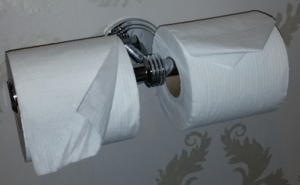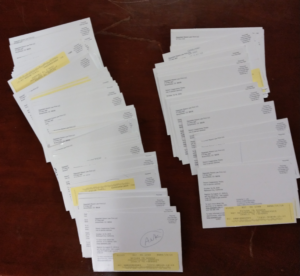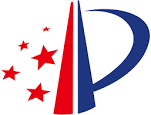
On August 15, 2018 the EFS-Web server for filing US patent applications crashed. Customers then turned to the Contingency EFS-Web server. This is the server that is supposed to be available if the main EFS-Web server were to crash.
And, sadly and predictably, whatever it is that happened on August 15 to crash every patent-related server at the USPTO, it brought down the Contingency server along with the main server.
If this had been the first time such a thing happened, that would be one thing. But such a thing happened in November of 2016. And such a thing happened in December of 2015. And it happened in May of 2014. The contingency EFS-Web server, the one that is promised to be working whenever the main EFS-Web server crashes, also crashed.
As for the August 2018 massive crash that brought down both the main system and its backup, the USPTO has said the cause was a problem with a Palm database that was essential to both systems.
As for the December 2015 massive crash that brought down both the main system and its backup, the USPTO has said the cause was a problem with a UPS (uninterruptible power supply) that was powering both systems.
USPTO never came out and said what happened on May 14, 2014 to bring down the main system as well as its backup.
USPTO never came out and said what happened on November 7, 2016 to bring down the main system as well as its backup.
What’s consistent about all of this is USPTO’s failure to follow common sense in the way that it set up the backup system. Common sense tells you that if you have a mission-critical backup system, it needs to not be in the same building as the main system. If you have a mission-critical backup system, it needs to not be connected to the power grid in the same way as the main system. If you have a mission-critical backup system, it needs to not be connected to the Internet in the same way as the main system. And so on. A responsible system designer will look to identify any single points of failure (SPFs) that might bring down both the main system and its backup. And for each such SPF, figure out how to reduce it or maybe even eliminate it.
None of which USPTO seems to have done.
Members of the intellectual property community have told USPTO over and over again about these common-sense measures. The backup Contingency EFS-Web server needs to be moved to a different geographic location, connected to the power grid in a different way, connected to the Internet in a different way. I blogged about this on November 7, 2016 and on December 24, 2015 and on May 14, 2014. When USPTO actually moved the Contingency EFS-Web server to Denver on April 1, 2016 (as reported here) I figured this would mean we would no longer run into the problem of an SPF bringing down the main server and its backup … but I was mistaken. (USPTO did not actually move the contingency server as reported on April 1, 2016.)
As may be seen from the photograph above, sometimes redundancy is important. The e-filing of US patent applications is something for which redundancy is important. USPTO was told in 2014 and 2015 and 2016 to move its contingency EFS-Web server to a different geographic location. USPTO failed to do so. Now, in 2018, USPTO needs to move its contingency EFS-Web server to a different geographic location. USPTO needs to carry out this move in an open, candid way, explaining the various SPFs and what USPTO is doing to minimize those SPFs.
Share a thought or two with the USPTO. Please post a comment below.


 September 1, 2018 is a big day. It is the day that everything changes for US utility patent applicants who are claiming priority from Chinese priority applications.
September 1, 2018 is a big day. It is the day that everything changes for US utility patent applicants who are claiming priority from Chinese priority applications. 